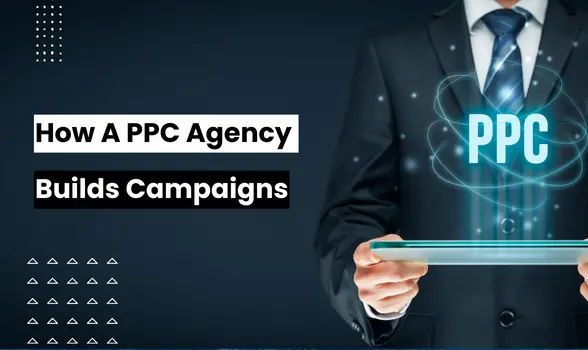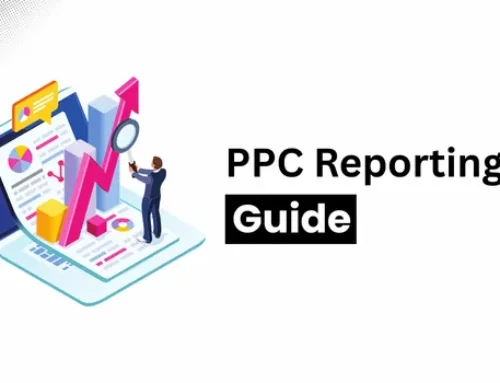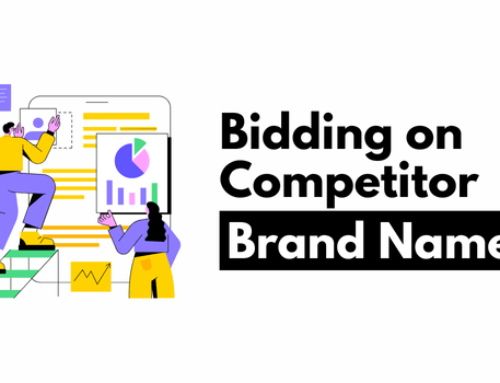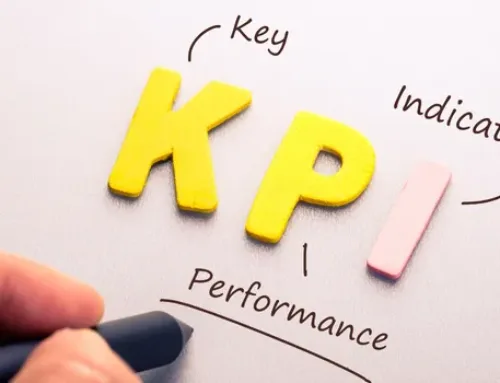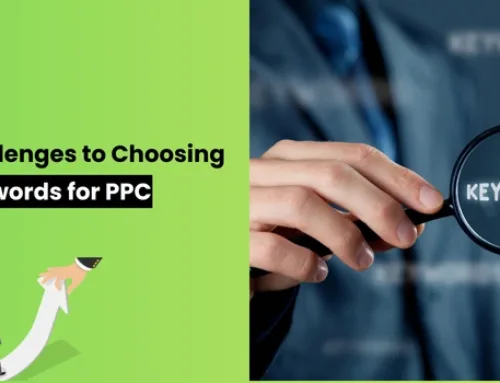Running ads online might look simple: pick a keyword, write an ad, and click “go.” But in reality, a good PPC Agency doesn’t just throw money at ads and hope for the best.
They follow a structured process that blends strategy, research, creativity, and constant improvement. This is how they ensure every dollar spent has the highest chance of yielding results.
Let’s break down exactly how a PPC Agency builds campaigns from scratch, step by step.
1. Understanding Client Goals
A PPC Agency doesn’t start with keywords; it starts with purpose. If the client says, “We just want more customers,” that’s too broad. Instead, the agency drills down with questions like:
- What does success look like? Is it 50 new leads per month? $20,000 in e-commerce sales? Doubling brand awareness using ppc?
- Who are your best customers? Where do they live, how old are they, what problems are they trying to solve?
- What’s the budget and timeline? Goals must match available resources.
Example: If a small local bakery wants to sell more catering packages for corporate events, the PPC Agency won’t run generic “fresh bread” ads. They’ll focus on “corporate catering services” keywords, targeting local offices and event planners.
Pro Tip: The more specific the goal, the easier it is to choose platforms, keywords, and messaging that hit the mark.
2. Research and Competitor Analysis
Once goals are set, a PPC Agency begins a deep dive into market and competitor research. This is where they uncover the battlefield, who’s already advertising, what’s working for them, and where the gaps are.
They’ll study the industry:
- When does demand peak? (e.g., gym memberships in January)
- How competitive is the market?
- What’s the average cost per click?
Competitor analysis is even more hands-on. A PPC Agency may use tools like SEMrush, SpyFu, or Google’s Ad Transparency Center to see:
- Which keywords do competitors bid on?
- How they structure their ad copy and headlines.
- What offers or promotions do they use?
- The look and feel of their landing pages.
Example: If competitors are all offering “10% off,” the PPC Agency might recommend “Free next-day delivery” as a differentiator.
Pro Tip: Competitor research isn’t about copying, it’s about finding gaps you can fill and weaknesses you can exploit.
3. Keyword Selection and Intent Mapping
Choosing keywords isn’t just about search volume; it’s about matching the right message to the right stage of the buyer’s journey. This is where intent mapping comes in.
The mapping allows ad copy, targeting, and bidding to be tailored to the user’s mindset. A PPC Agency might bid higher for decision-stage keywords because those clicks are more likely to turn into sales, while using awareness-stage keywords for cheaper, long-term brand exposure.
A PPC Agency will group keywords into:
- Awareness stage: Broad, educational searches where the user isn’t ready to buy but is gathering information (e.g., “best accounting software for startups”).
- Consideration stage: Searches showing the user is comparing options (e.g., “QuickBooks vs Xero review”).
- Decision stage: High-intent searches that indicate readiness to act (e.g., “buy accounting software online”).
Example: If you sell high-end watches, bidding on “luxury watch sale” (decision stage) will likely bring faster sales than “how to choose a watch” (awareness stage).
Pro Tip: Decision-stage keywords cost more but convert better. Awareness-stage keywords are cheaper but build long-term brand recognition. A balanced campaign often uses both.
4. Choosing the Right Platforms
Each advertising platform has its strengths, weaknesses, and audience demographics. A skilled PPC Agency doesn’t just pick one at random; they match the platform to the campaign’s goals and audience behavior.
- Google Ads: Ideal for capturing active intent. If someone searches “emergency dentist near me,” they’re ready to act now.
- Meta Ads (Facebook & Instagram): Better for interest-based targeting, visual storytelling, and remarketing to past visitors.
- LinkedIn Ads: Perfect for B2B targeting by job title, company size, or industry.
- Microsoft Ads: Often cheaper CPCs than Google, with strong performance in professional or older demographics.
Example: A law firm might use Google Ads for “legal attorney near me” searches and LinkedIn Ads to promote free webinars on legal rights.
Pro Tip: Start with one or two platforms. Once you’ve got data on what works, expand.
5. Structuring the Campaign
Campaign structure determines how easy it is to control budgets, track performance, and make optimizations. This structure keeps data clean.
If “emergency plumbing” ads convert twice as well as “bathroom renovations,” the agency can shift budget accordingly without affecting other parts of the campaign.
A PPC Agency will break things down like this:
- Campaign Level: Defines the main objective (e.g., lead generation for plumbing services).
- Ad Group Level: Groups related keywords under a specific theme (e.g., “emergency plumbing” vs. “bathroom renovations”).
- Ad Level: Contains the headlines, descriptions, images, or videos shown to users.
Example: A home services company might have separate ad groups for “roof repair,” “gutter cleaning,” and “window installation.”
Pro Tip: Keep ad groups tight. If keywords and ads in the same group aren’t closely related, quality scores drop and costs rise.
6. Writing Effective Ad Copy
Ad copy is where strategy meets creativity. It needs to grab attention, speak to the audience’s needs, and drive them to act, all in a limited number of characters. Multiple ad variations are written and tested. Over time, data reveals which headlines and CTAs achieve the highest click-through and conversion rates.
A PPC Agency focuses on:
- Relevance: Including the main keyword naturally in the headline.
- Benefits over features: “Stop leaks in 30 minutes” beats “We offer plumbing services.”
- Emotional triggers: Urgency (“Limited offer”), trust (“Licensed & insured”), or exclusivity (“Members only pricing”).
- Clear calls-to-action: Telling users exactly what to do next (“Book your free consultation,” “Get a fast quote”).
Example: Instead of “Affordable Car Insurance,” they might write “Save $300/Year on Car Insurance. Get Your Quote Now.”
Pro Tip: Always test at least 3–4 ad variations. The winner might surprise you.
7. Landing Page Alignment
Even the best ad won’t work if it leads users to a generic, poorly designed landing page. A click doesn’t turn into a conversion if it is not well optimized. So, PPC Agency ensures the landing page experience matches the promise of the ad
A high-converting landing page has these essentials:
- Focused Design
- Compelling Visuals & Copy
- Speed & Mobile Optimization
- Strong CTA (Call-to-Action)
Example: A PPC Agency running ads for “emergency air conditioning repair” won’t drive traffic to the company’s homepage. Instead, they’ll create a landing page that highlights 24/7 availability, fast response time, and a simple form to book a technician now.
Pro Tip: A/B test landing pages just like ads. Sometimes changing the layout, color of a button, or placement of a testimonial can lift conversion rates dramatically.
8. Setting Up Conversion Tracking
If you can’t measure it, you can’t improve it. That’s why a PPC Agency sets up conversion tracking from day one. The tracking data helps answer critical questions: Which keywords bring the most revenue? Which ads drive the most calls? Which landing pages convert best?
Without this information, optimization is guesswork, something a good PPC Agency avoids.
They’ll often use tools like:
- Google Tag Manager
- Google Analytics 4
- Platform-specific tracking pixels (Meta Pixel, LinkedIn Insight Tag)
Tracking might include:
- Form submissions
- Purchases
- Phone calls
- Newsletter sign-ups
Example: If you’re an e-commerce brand, knowing which keywords lead to “Add to Cart” is just as valuable as knowing which ones lead to a sale because it shows buying intent.
Pro Tip: Test your tracking setup before launch. Nothing’s worse than realizing a month later that half your conversions went unrecorded.
9. Launching and Monitoring the Campaign
When the campaign goes live, the first few weeks are a critical learning phase. The early feedback loop helps the agency stabilize performance before scaling up the budget.
A PPC Agency will:
- Monitor keyword performance daily.
- Pause underperforming ads quickly to save budget.
- Adjust bids based on time of day, device, or location performance.
- Add negative keywords to prevent ads from showing for irrelevant searches.
Example: If data shows mobile users convert twice as well as desktop users, the agency may increase mobile bids by 20%.
Pro Tip: Early optimization can save thousands over the life of a campaign.
10. A/B Testing and Optimization
No campaign is “done” once it’s launched. A PPC Agency runs ongoing A/B tests to squeeze more results from the same spend. Every successful test, even if it’s just a 5% improvement, compounds over time.
A PPC Agency will test:
- Trying new headlines and CTAs.
- Using different ad formats (responsive search ads, carousel ads, video ads).
- Changing landing page designs or offers.
Example: One agency found that changing a CTA button from “Get a Quote” to “Check My Price” increased conversions by 18%.
Pro Tip: Change one thing at a time. Otherwise, you won’t know what caused the improvement.
11. Reporting
At the end of the month (or campaign cycle), a PPC Agency doesn’t just send a spreadsheet of numbers. Clear reporting builds trust and ensures the client understands exactly how their money is working for them.
A PPC Agency provides reports that:
- Explain what happened and why.
- Highlight wins (e.g., “Lead cost dropped by 20%”).
- Outline the plan for the next period.
Example: Instead of just saying “Clicks are up 15%,” they’ll explain that this is due to testing a new headline and targeting a narrower audience.
Pro Tip: Ask for reports that focus on metrics tied to your goals, not just vanity stats like impressions.
How to Choose the Right PPC Agency For Your Business?
Finding the right PPC agency isn’t just about cost. It’s about aligning with a partner who understands your business goals and delivers measurable results in a period of time. By setting clear objectives, researching carefully, and asking the right questions, you’ll avoid wasted ad spend. Choose wisely, and your PPC campaigns can become a powerful engine for growth and ROI.
Conclusion
A successful PPC campaign isn’t luck; it’s the product of strategy, research, creativity, and relentless optimization. A PPC Agency starts with clear goals, builds campaigns based on data, tests everything, and constantly looks for ways to improve. That’s how they turn ad spend into measurable growth and how the best agencies keep clients coming back.
